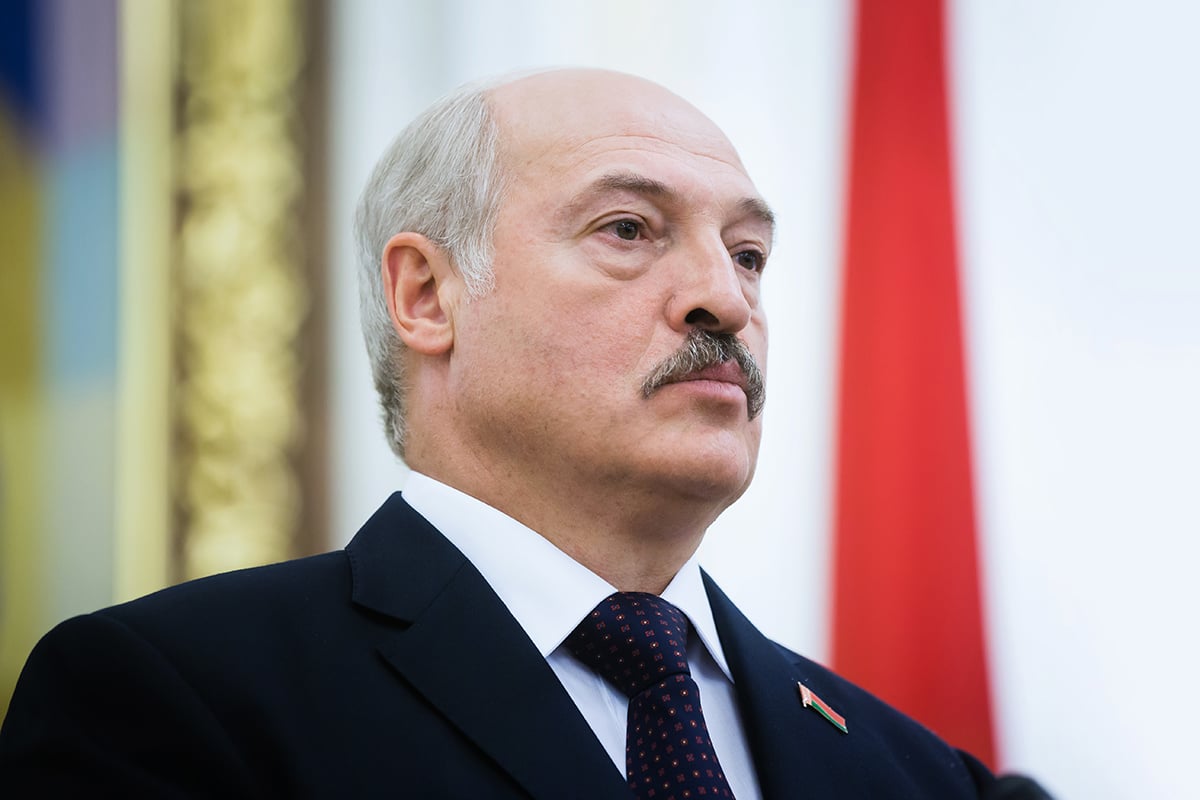Under President Alexander Lukashenko’s authoritarian rule, Belarus has recently declined the Organization for Security and Cooperation in Europe (OSCE)’s invitation to observe its forthcoming parliamentary and local elections scheduled for February 25. This decision marks a significant departure from the norm, as Belarusian polls have traditionally been monitored by the OSCE’s Office for Democratic Institutions and Human Rights. The move raises substantial concerns about the transparency and legitimacy of the electoral process in a nation already grappling with political repression and human rights violations.
Andrei Dapkiunas, Belarus’ permanent representative to international organizations in Vienna, confirmed that Belarus “has informed the OSCE about its intention not to invite observers and offered its arguments and motivation.” This year’s election is notably the first since the contentious 2020 presidential vote, which bestowed Lukashenko a disputed sixth term and ignited widespread protests across Belarus.
The Lukashenko government’s response to these protests was severe, resulting in over 35,000 arrests and numerous accounts of police brutality. Consequently, approximately 1,500 political prisoners, including opposition leaders and Nobel Peace Prize laureate Ales Bialiatski, remain incarcerated. Additionally, the Belarusian authorities have conducted a “re-registration” of political parties, limiting official recognition to only four pro-government parties out of the previous 15.
Ihar Karpenka, head of Belarus’ Central Election Commission, emphasized the government’s control over the electoral process, stating, “Belarus holds the election for itself first and foremost,” and announced plans to invite observers from Russia and Central Asian nations. Historically, these observers have deemed Belarusian elections democratic, contrary to the OSCE’s findings of non-compliance with democratic standards.
In contrast, Belarusian opposition leader Sviatlana Tsikhanouskaya, exiled in Lithuania, has called for a boycott of the February elections, labelling them “a farce without international monitoring.” She accused Lukashenko’s regime of obstructing any possibility of a democratic power transition through elections.
The upcoming elections also establish the All-Belarusian People’s Assembly, a new state body with considerable authority, including policy-making, legislative drafting, and appointment powers. The Assembly, a creation of Lukashenko, will consist of 1,200 delegates, including officials and pro-government activists, and will function alongside the traditional bicameral parliament.
The refusal to invite OSCE observers to the February 25 elections in Belarus is a critical indicator of the country’s further descent into authoritarianism. This decision, coupled with the ongoing political repression and the establishment of the powerful All-Belarusian People’s Assembly, underscores the growing concerns over the legitimacy and transparency of Belarus’s political processes. International communities and human rights advocates watch these developments with apprehension as Belarus veers away from democratic norms.







